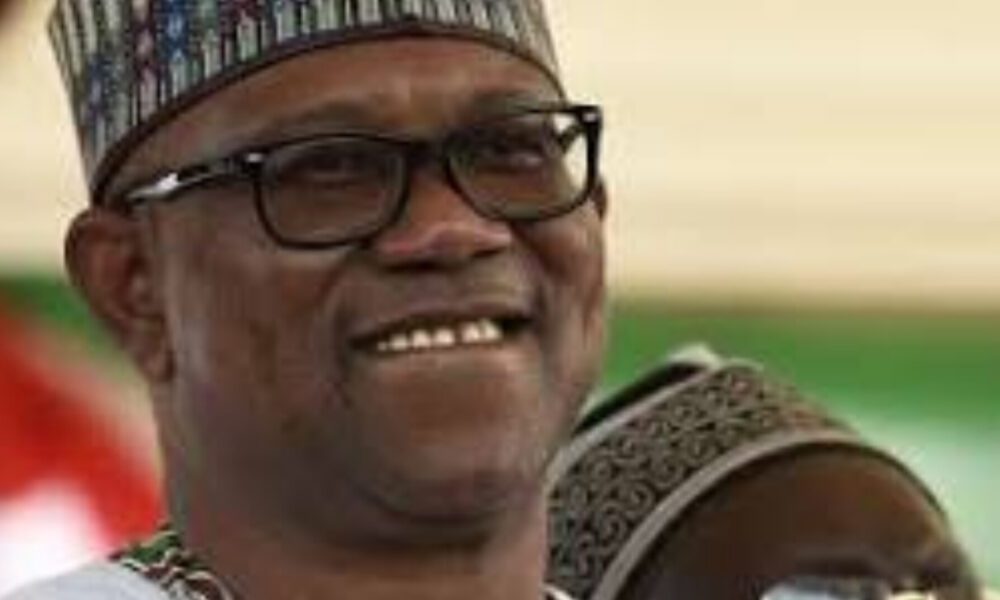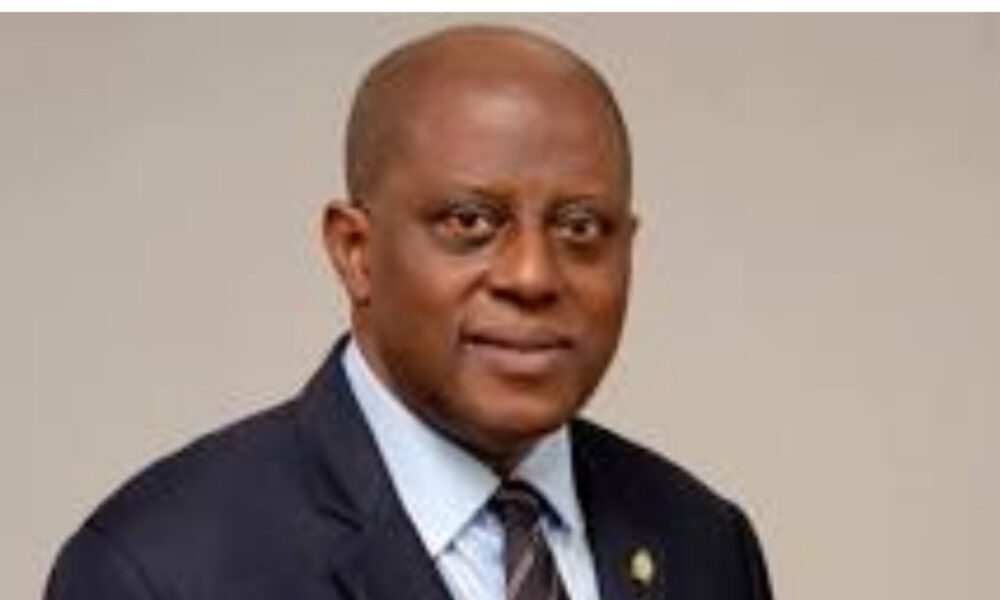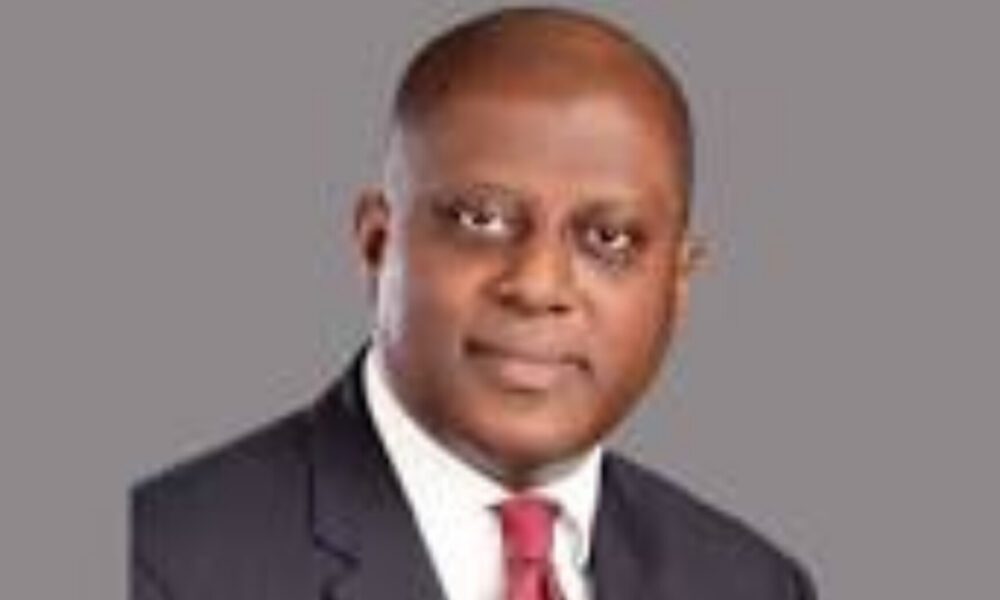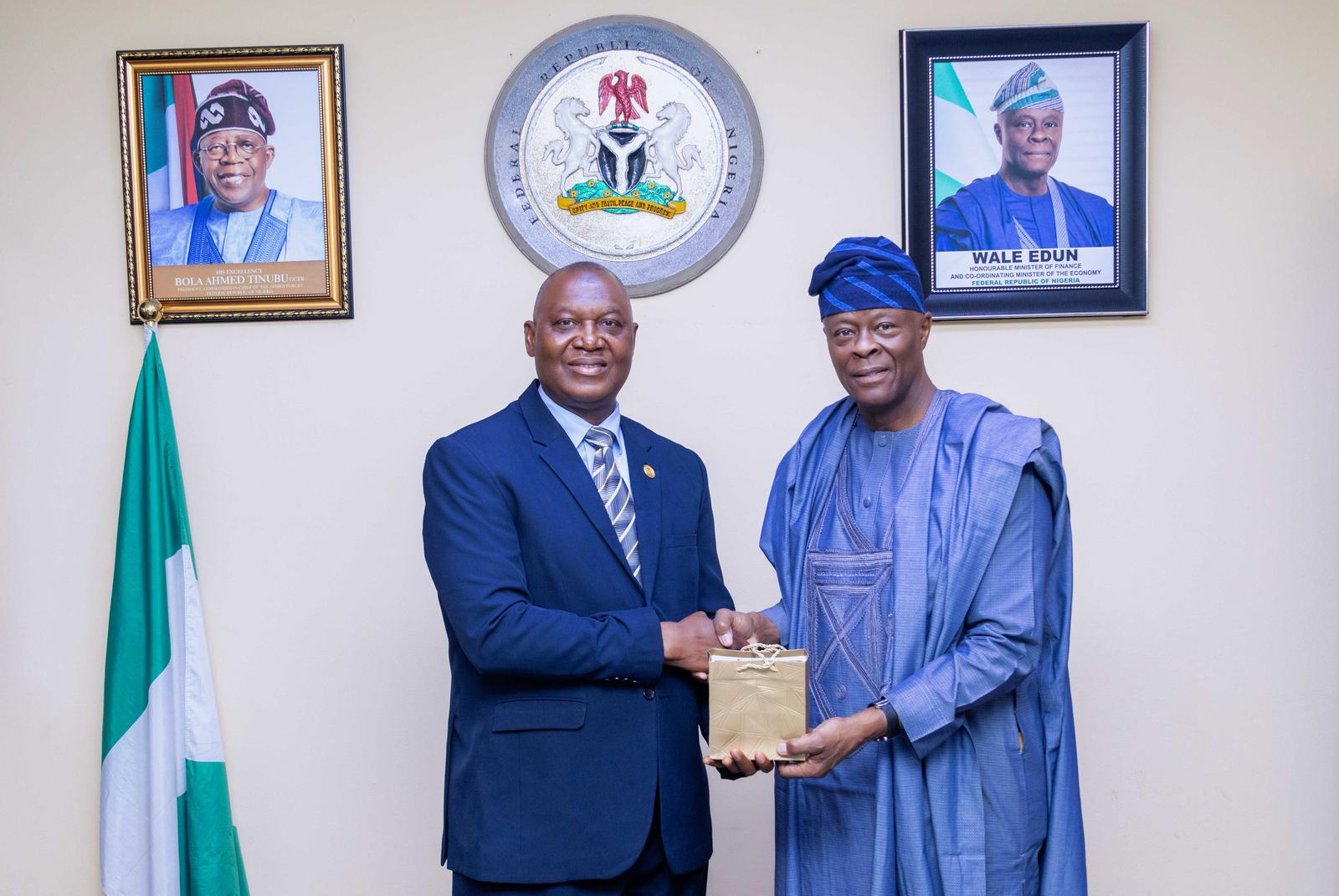***offers Solutions
The increasing number of Multinationals exiting the country due to the bad business climate is cause for serious concern, the Presidential Candidate of the Labour Party in the 2023 general election Peter Obi has indicated
Writing in his X handle on Monday, the former Anambra State Governor said noted that the reasons being adduced by these departing firms after many years of operations in the country are similar and largely governance problems that require urgent attention to stem the tide

“I am compelled to address the alarming exodus of multinational companies from Nigeria, which has cost our nation a staggering N95 trillion in the past five years. According to The New Telegraph, in the last year alone, over ten multinational giants such as GlaxoSmithKline, Equinor, Sanofi-Aventis, Bolt Food, Procter & Gamble, Jumia Food, PZ Cussons, Kimberly-Clark, Diageo and others, have exited Nigeria, citing eerily consistent reasons.
He said the media is awashed with tales of Multinational firms exiting Nigeria over harsh business climate, others over “Insecurity, high energy costs force companies to leave Nigeria.”
Other reasons abducted for their exit he said is poor business environment, inconsistent policies
“These companies have highlighted the same problems across the board. These issues are not coincidental but symptomatic of a larger governance problem. Why are we not facing and solving these problems head-on? The responsibility lies with our leadership, those we put in charge to urgently address these challenges.
“Tackling these issues requires creating a business-friendly environment that fosters investment, innovation, and growth. This includes prioritizing security, stabilizing our policies, and reducing energy costs. We must also cultivate a culture of transparency, accountability, and good governance.
“We can build an economy that benefits all Nigerians, not just a privileged few. Let us unite to transform Nigeria into a nation conducive to business, attractive to investment, safe and prosperous for all citizens. Together, we can make Nigeria a beacon of hope and progress in Africa and the world. A new Nigeria is possible.




